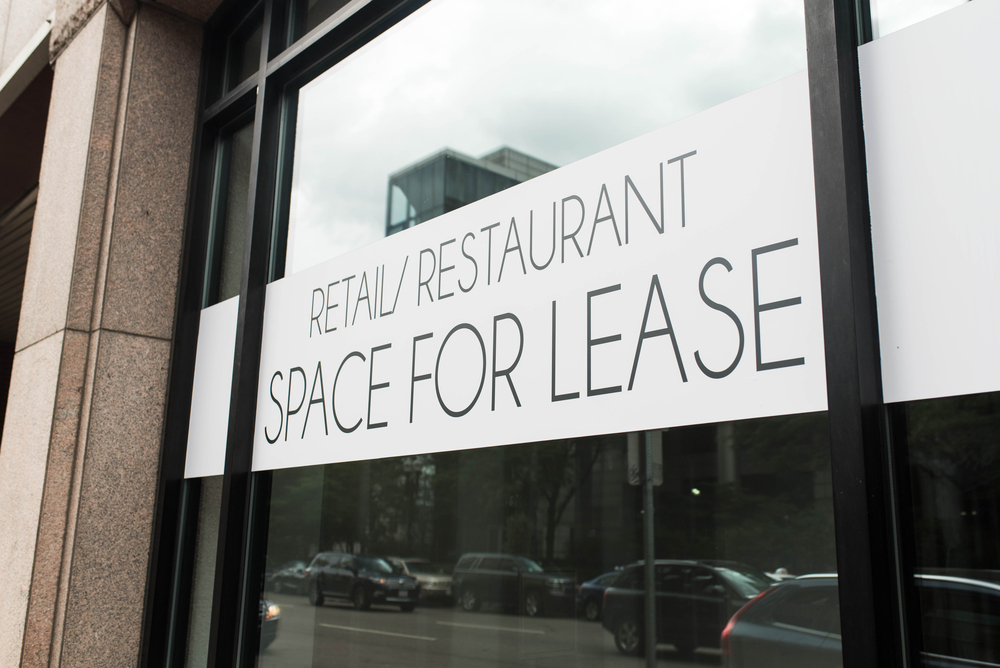
What Costs Should You Consider Before Signing a Commercial Lease Agreement?

Most people are familiar with residential leases, but commercial leases differ in several key ways. A commercial lease typically lasts several years longer than a residential lease, and commercial lessees generally have less protection than residential tenants. As a result, it’s vital to understand all of the potential costs associated with your commercial lease before you sign it.
Security Deposits
As with any lease agreement, you’ll likely be expected to provide a security deposit for a commercial lease. Your security deposit doesn’t go toward your rent. Instead, the landlord will hold the deposit to pay for any unexpected expenses that occur during the course of your lease. In most cases, you’ll have to pay a base deposit amount plus two months of rent.
Rent and Other Fees
Most commercial rents are calculated based on the square footage of the usable space. Commercial leases typically last three to five years, and your rent could change yearly, so it’s important to understand what to expect in the long term.
You may be required to pay your landlord a fee or cover the costs yourself to make changes to your space, such as adding interior or exterior signage. It’s also important to know of any late fees if you miss a payment.
Building Insurance
Many commercial leases require tenants to purchase their own liability insurance coverage for the rental unit. This allows landlords to avoid paying for the costs of any damage or injuries that occur on the premises. The more space you rent and the higher your risk profile, the more you’ll likely pay for insurance coverage.
Property Taxes
Unlike residential renters, commercial tenants generally pay a portion of the property taxes for the space they rent. Some leases include subsections that define tenants’ rights to contest how much they pay in personal or real property taxes, so it’s important to determine whether you have any room for negotiation.
Security and Maintenance Costs
Some commercial leases include common area maintenance (CAM) fees for things like building maintenance, parking lot maintenance, landscaping, or security. Be sure to check for CAM fees you’re expected to pay and whether or not they could increase if another tenant leaves. If your landlord doesn’t provide security or maintenance, you’ll want to estimate how much it will cost to do it yourself.
Utility Costs
Gross leases and some modified leases cover utilities such as water, gas, and electricity. Net leases, on the other hand, typically don’t include operating expenses such as utilities. The types of leases available for your situation can vary based on the utility needs of your business.
Costs of Breaking the Lease
Your lease should incorporate an exit clause that describes what happens and how much you could owe if you break the lease early. Some also include early termination clauses that allow you to break your lease under specific circumstances, such as a significant decline in revenue. These are more common in high-traffic areas, where landlords typically have an easier time finding new tenants.
Hidden Costs
Certain factors could cost your business, even though they’re not assigned a dollar value in your lease agreement. For example, if your landlord rents a nearby space to a competitor or another business that reflects negatively on yours, it could drive customers and profits away.
Negligence on behalf of your landlord or building owner could also cost you if they fail to make their mortgage payments and cause an eviction. An experienced real estate attorney can help you research every aspect of your commercial lease so that you’re not blindsided by surprise costs.
Contact a Commercial Real Estate Lawyer
Most lease agreements are prepared with the best interests of the landlord in mind, so it’s important to review them thoroughly and ensure they work for you, too. With the help of a knowledgeable North Carolina commercial real estate attorney, there’s always room for negotiation.
Contact the lawyers of Mullen Holland & Cooper P.A. today to discuss the details of your commercial lease in an initial case review.






